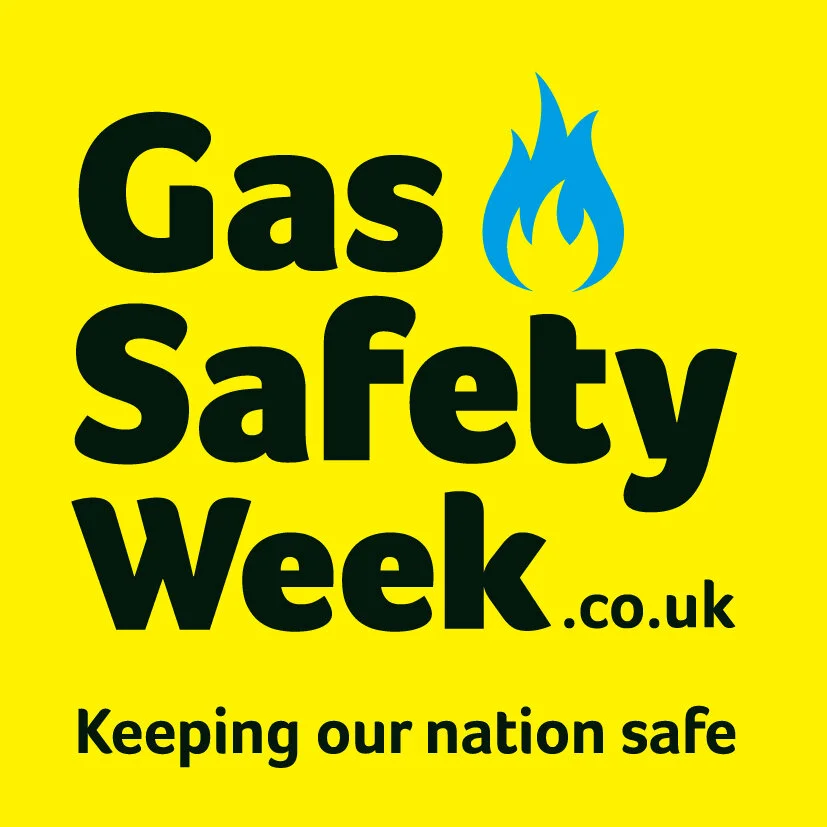Frequently Asked Questions from Landlords During Lockdown
My new tenants have already signed a contract and are due to move-in shortly. Can this go ahead during lockdown?
Yes. Removal companies and locksmiths have been deemed essential services and if your tenants have already signed a contract, the relevant start of tenancy arrangements can easily be carried out via remote working and social distancing. Repairs and maintenance, inventories, gas safety certification and professional cleaning can all take place on empty properties after your previous tenants have vacated and in some cases, we are even able to use key boxes or have keys kept securely with the concierge in the building to further simplify face-to-face meetings to exchange keys. We’re always embracing ways to work better - right down to online signature of tenancy agreements - and this means that much of our working is business as usual.
Does my property still require certification during this time?
Yes. The measures being introduced by the government do not affect the general health and safety requirements for rental properties. Boilers should still be serviced as per normal and gas and electrical safety checks will need to be carried out, regardless of the virus, and following the government’s guidance on safe working practices.
Are rents going to go down… or up?
Depending on which day of the week - and who you ask - you’ll get a different answer every time. At Maplewood, we have seen rental prices in Central London continue to be very stable over the past weeks. However, with lower numbers of tenants choosing to move during this period, it may mean that we see a surge in tenants who have been waiting to move house once lockdown is lifted. This could result in a slight drop in rental values now and a small boom as it bounces back, but longer term, we don’t anticipate any major fluctuations in the market at this point.
The government has published detailed guidance on moving during the coronavirus outbreak. You can read it in full via the link.




